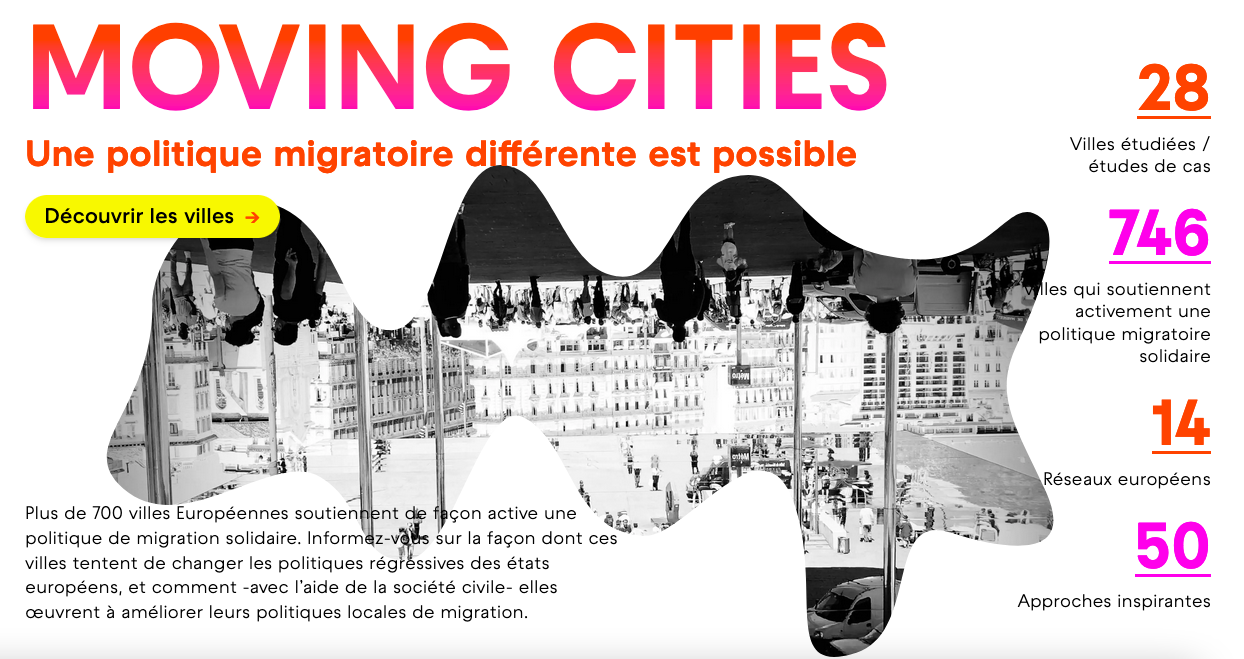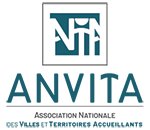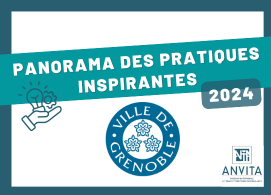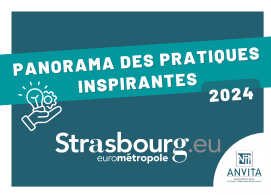MOVING CITIES: cities from all over Europe rethink reception policies

This week, from 31 January to 4 February 2022, marks the launch of the Moving Cities project in France, supported by the Alliance Migrations. Coordinated by the Seebrücke movement, this virtual platform identifies welcoming cities across Europe, listing inspiring local approaches by local authorities and civil society, showing that another migration policy is possible.
The idea for the project was born in 2019, during the networking process of European civil society initiatives that led to the From Sea 2 Cities consortium. Moving Cities was implemented in autumn 2021 by the Seebrücke movement, the Rosa Luxemburg Foundation, the Heinrich Böll Foundation and Tesserae, an urban social research platform. The project is co-financed by the Robert Bosch Foundation and the Stiftungsfonds Zivile Seenotrettung.
It lists both committed municipalities - 746 cities that actively support a solidarity-based migration policy - and 14 city or multi-actor networks, which have emerged at national or transnational level, such as ANVITA and the Migration Alliance. Moving Cities also presents 50 local inclusion projects set up by civil societies or municipalities, pioneers in Europe in terms of reception and solidarity. The contextual elements of the territories concerned (28 case studies) allow the introduction of initiatives put forward: from a plea in favour of reception and interculturality to the recognition of a local citizenship for exiled persons.
Moving Cities is explicitly designed as a platform for ongoing work. All municipalities developing inclusive policies are invited to join this project. Indeed, the website offers, via an e-mail address, the possibility to add a city to the map by presenting the action points already implemented.
The project is deeply linked to the principles of the Alliance Migrations in that it values local solidarity and inclusive initiatives, built and co-constructed by civil societies and public authorities. This important work of collecting inspiring practices offers a very broad vision of what is possible in terms of reception and solidarity, and allows for knowledge-sharing. For example, some of the presentations have been informed by the work of the Alliance for the cities of Grenoble, Montreuil, Barcelona and Palermo and, in turn, Moving Cities informs the work currently being carried out in Berlin. These two research areas complement each other, as the Alliance's reports are intended to examine the conditions under which these reception dynamics are implemented in order to draw both practical lessons and political demands. Moving Cities also contributes to building this collective advocacy for dignified and proactive reception policies.
Link to the website: https://moving-cities.eu/fr





